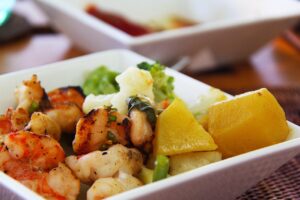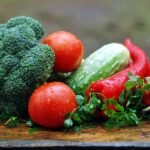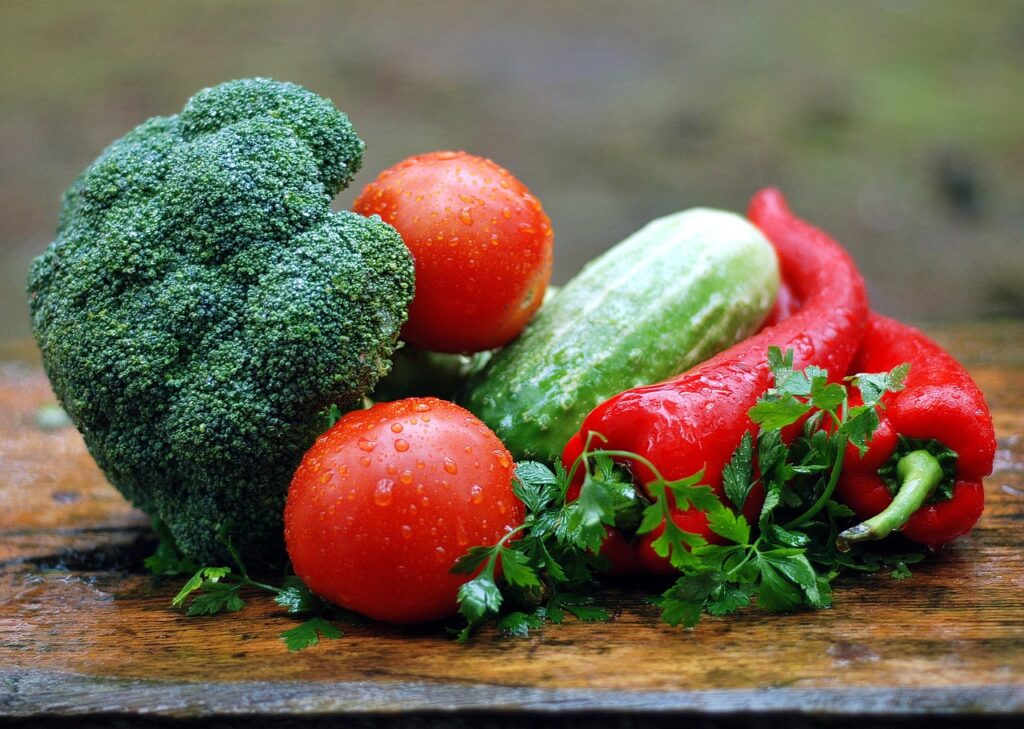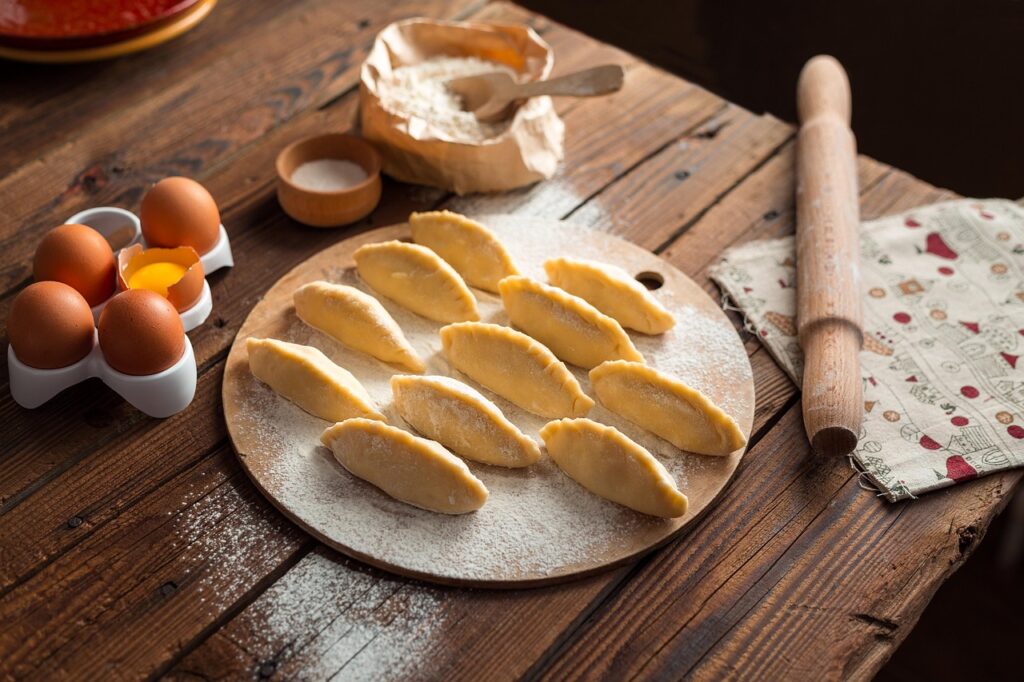Part 1 of our 3-part series on Nutrition & IBD
If you live with Inflammatory Bowel Disease (IBD), chances are you’ve Googled your symptoms more than once—usually after a flare-up or a meal gone wrong. And if that search led you down a rabbit hole of diet advice, you’re not alone. From gluten-free to grain-free, Mediterranean to microbiome-focused, there’s no shortage of people promising that food is the ultimate fix. But what does the actual science say?
Let’s unpack the complicated (and sometimes controversial) relationship between IBD and what’s on your plate.
First, a Quick Refresher: What Is IBD?
IBD includes two main types: Crohn’s disease and ulcerative colitis. Both involve chronic inflammation of the digestive tract, but they differ in where and how they strike. Crohn’s can affect any part of the GI tract (mouth to anus) and often involves deeper layers of the bowel. Ulcerative colitis is confined to the colon and rectum, typically affecting only the innermost lining.
Symptoms vary but often include diarrhea, abdominal pain, fatigue, and unintended weight loss. While medications and biologics are central to treatment, many people with IBD wonder: Can food help calm the storm?
The Allure of Dietary Solutions
Let’s be honest: nobody loves the idea of taking strong medications long-term. So when someone stumbles upon a blog or TikTok that promises symptom relief through food, it’s tempting to try it. And sometimes, it works—at least for a while.
People often report feeling better after cutting out certain foods. And for many, it feels empowering to “take control” through diet. But it’s important to recognize that feeling better doesn’t always mean inflammation is gone. Symptoms can be misleading. You might feel fine while inflammation quietly simmers in the background, leading to complications down the road.
That’s why scientists are studying diet in IBD more seriously than ever before.
What We Know (So Far)
Here’s the good news: research into diet and IBD is expanding rapidly. The not-so-good news? There’s still no one-size-fits-all solution.
Certain diets show promise for specific goals, like reducing symptoms or supporting remission. Others may help promote a healthier gut microbiome, which could play a role in disease activity. But even the most promising diets don’t work for everyone—and none are considered a standalone treatment.
Studies tend to be small, short-term, or focused on narrow populations (like kids with Crohn’s), which makes it tricky to draw sweeping conclusions. Still, there’s reason for cautious optimism.
For example, the Mediterranean diet—rich in whole grains, fish, olive oil, fruits, and vegetables—has shown anti-inflammatory effects and may benefit overall gut health. Meanwhile, the Specific Carbohydrate Diet (SCD) and the Low FODMAP diet have earned attention for reducing symptoms in some people, though they can be very restrictive and difficult to sustain long-term.
Food as Part of a Bigger Picture
It’s easy to fall into the trap of thinking food is either the enemy or the answer. In reality, it’s usually somewhere in between. Most gastroenterologists agree that while diet likely influences disease activity, it’s just one piece of a complex puzzle.
That’s why any dietary approach should be part of a broader care plan. Medications manage inflammation at the cellular level. Food can support healing, improve nutrient absorption, reduce symptoms, and even affect mood—but it’s unlikely to replace traditional treatment entirely.
And here’s something else worth noting: food choices in IBD aren’t just about science—they’re also deeply personal. What triggers one person’s symptoms might not affect someone else at all. That’s what makes dietary guidance in IBD so tricky and so individual.
Why Personalized Diets Are the Future
Imagine going to a doctor’s office and walking out with a custom-tailored eating plan based on your microbiome, inflammation markers, and food sensitivities. It’s not science fiction—it’s the direction things are heading.
Some researchers are now exploring how machine learning and microbiome analysis could guide more personalized diet strategies. It’s still early days, but the concept is exciting: matching the right diet to the right person, instead of recommending a blanket approach for all.
Until then, most experts suggest avoiding overly restrictive diets unless guided by a registered dietitian—preferably one who specializes in gastrointestinal health. Cutting out entire food groups without supervision can lead to nutrient deficiencies, disordered eating patterns, and even more gut issues down the line.
So… Can Diet Heal Your Gut?
Here’s the bottom line: diet won’t cure IBD, but it can definitely be a powerful tool for managing it.
Certain foods might trigger symptoms. Others may help reduce inflammation or promote gut healing. The key is to approach it thoughtfully, with an eye toward balance—not perfection.
Think of food as part of your IBD toolkit. Not a magic bullet, but not powerless either.
In Part 2 of this series, we’ll break down some of the most popular IBD diets—what they involve, who they’re best for, and what the evidence says. You’ll get a practical, side-by-side look at FODMAP, SCD, Mediterranean, and more. Whether you’re newly diagnosed or just curious, you’ll walk away with insights you can actually use.








